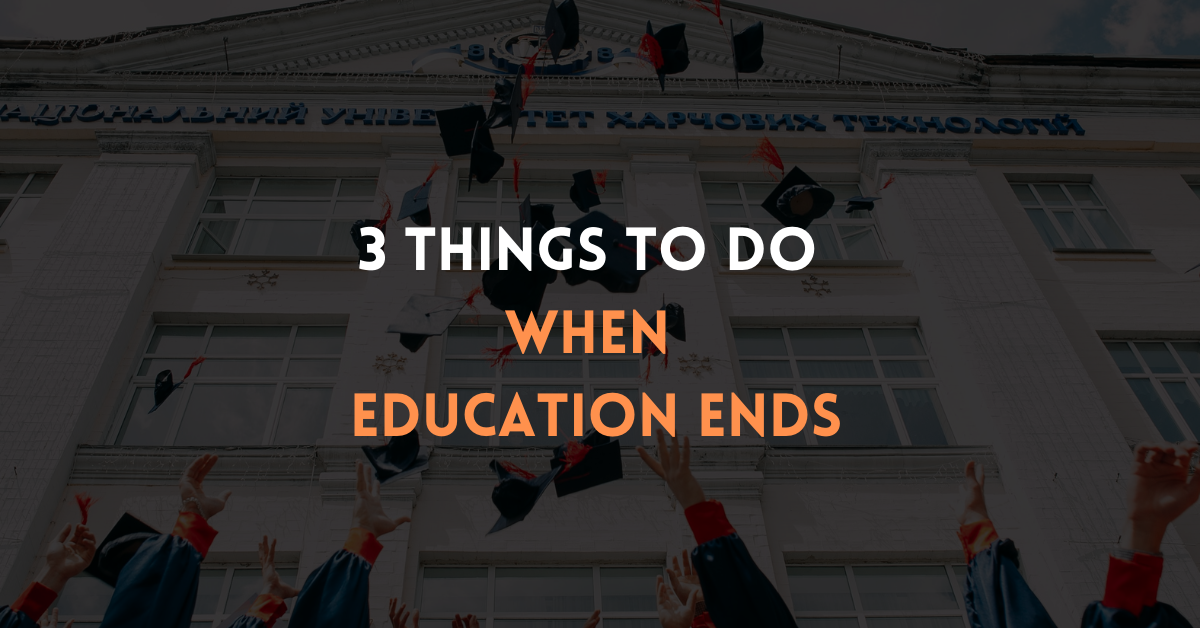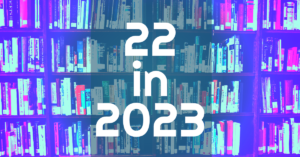You’ve made it to the end of school, or college. Your time in education is over and you’re ready to step out into the big wide world. Adult life beckons, promising freedom, excitement and everything you ever dreamed about.
Or maybe not.
Some people can’t wait for formal education to end while others might be a bit more hesitant about starting life after education. As someone who was bored of education at eighteen and woefully unprepared for the real world, here are three things I wish I’d done differently.
1. Learn to drive
You may hear a lot of people talk about saving the planet and taking public transport etc. It’s a nice idea, but a driving license is a major plus when you’re job hunting. I only passed my driving test recently but if I’d done so when I left school I don’t doubt I’d have found a job sooner. If you live in a city with good public transport you might be alright, but I’d still recommend you learn to drive. Don’t believe me? Look at jobs you might be interested in and see how many list a driving license and access to a vehicle as essential or desirable. Even office jobs or jobs with fixed hours will often want a driving license. Why? No idea. My personal theory is it makes you seem more reliable and is seen as a sign of maturity/professionalism, but that’s just speculation.
The other reason is practicality. I’ll discuss this further down, but when you leave education don’t expect your dream job straight away. Everyone has to start somewhere and more often than not it’s a customer service job; retail, pubs, restaurants. As a minimum wage employee, why should you be expected to drive? These types of jobs probably won’t care whether you can drive or not, but when you’re applying for them look carefully at the opening and closing times. This ruined a lot of job applications for me because employers want full flexibility, and if a business opens at 6 am and the first bus there isn’t until 6:30 am it may well go against you.
Driving lessons are expensive, but ultimately they may help you get a job. Don’t stress too much if you can’t afford them right away (I couldn’t), but driving is a skill that many employers want and it could help you escape the dark hole of unemployment. Plus, you can avoid the stress of public transport. As a public transport user throughout college, university and my first job I can confirm it’s a stressful way to live, especially if you have to get more than one bus or train to your destination.
2. Start at the bottom
There is an often touted idea that people who work in low paid jobs (retail etc.) do so because they’re lazy or stupid. While this is completely untrue it can create the idea that you must avoid these jobs so you are not branded lazy or stupid.
Rest assured, everyone has to start somewhere and there is no shame at all in working these jobs, regardless of how many times you’ve heard people say ‘If you don’t work hard you’ll end up at McDonalds’. No matter how hard you work or how good your grades are experience is key. If you’re entering the world of work after education you need experience. If you’re still at college or school consider a weekend job to get a head start. When I was at college my life was consumed by public transport, course work and clinging to the few hobbies I had. I should have found a job – even if it was only on a Saturday. Schools often talk about how volunteering and such looks good on CVs, but it doesn’t beat experience. Even low paid, entry-level jobs will now want so many years of experience before they hire you. Is it fair? No, but that doesn’t matter.
Good grades, volunteering and hobbies might get you an interview but experience will often seal the deal. My advice is to gain experience as soon as you can in any job. When I left college I looked for full-time jobs, but the only thing I got was a zero-hours contract in retail. Experience matters, no matter where it comes from. Ignore the people who talk about those jobs as if they are less important, or you must be lazy to have one. The jobs market is wild these days and the people who talk like that often have a rose-tinted view from thirty years ago. Remember who the key workers were in the COVID pandemic.
Don’t waste time looking for your perfect job straight after education. Get experience and don’t fall into the trap of thinking there’s no way out. Work your day job, and keep grinding on your actual dreams.
3. Don’t give up on education
Formal education may be over, but that’s no reason to give up on learning. I wasted two years after college looking for a decent job and sinking deeper into unemployment. At twenty I decided to study at university. In those two years, I realised I missed learning. It was like reaching the end of a video game and then wondering what to do next. Continuing formal education can be great and depending on your goals it’s often necessary, but there are plenty of ways to keep your mind active without going to university.
Learn new skills!
Whether it’s web design, art, or taking up a new hobby do something to keep developing. If your day job isn’t what you want to do, consider some self-development in your downtime. You can find free or cheap online courses in almost anything and plenty of local colleges offer night classes. Read. Watch tutorials on Youtube – do something to keep learning. It doesn’t have to be formal or structured. Find something you’re interested in and pursue it. Not only will you gain new skills you never know how your knowledge will come in useful in the future. My friend at college couldn’t believe I wasn’t going to university. He said, “education is everything,” and it wasn’t until I left education I realised he was right.
To conclude…
Life after education is a time of new beginnings, whether you know exactly what you want to do like Taylor, or you have no idea like Kaiya. I wanted to run a company to rival Walt Disney by the time I hit 21, but that might have been a little optimistic. Whatever your goals are, keep focused on them and don’t let the daily grind get you down. There’s plenty of time to do the things you want and hopefully, these tips will help you get started on the right foot!
What’s your advice for life after education? Let me know in the comments below!




